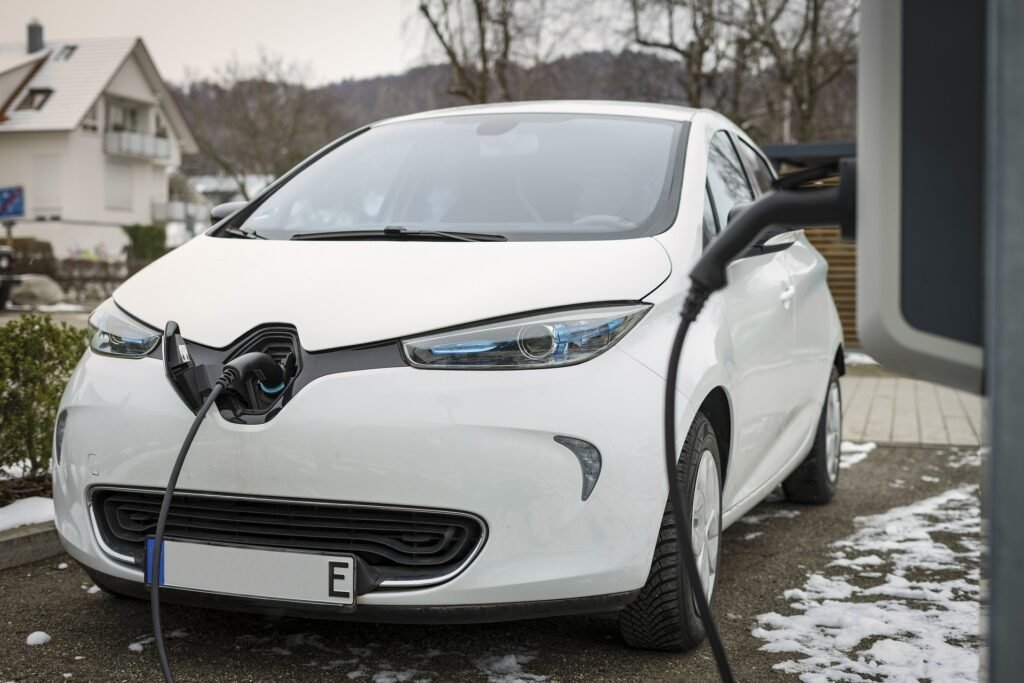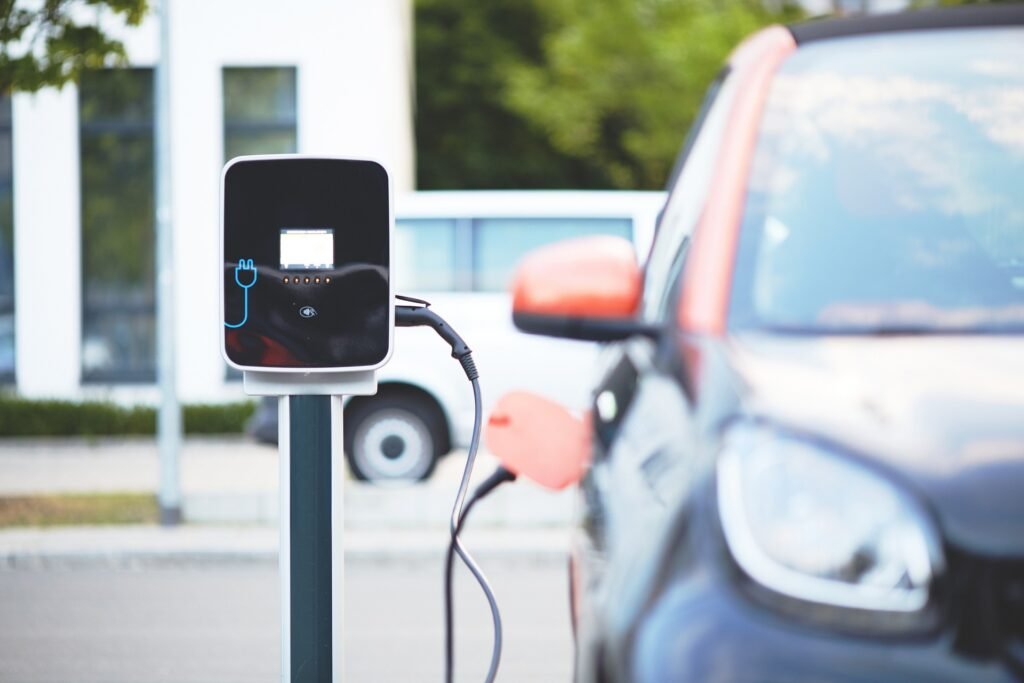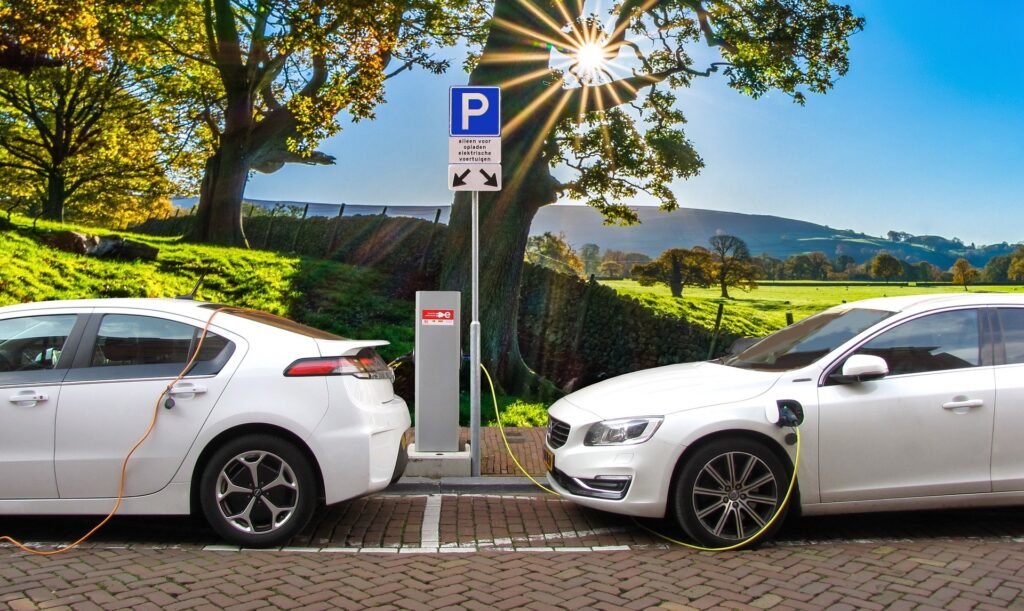Table of Contents
- Introduction
- Understanding Electric Cars
- What Are Electric Cars?
- How Do They Differ from Traditional Vehicles?
- The Environmental Benefits
- Reduced Greenhouse Gas Emissions
- Energy Efficiency
- The Economic Perspective
- Upfront Costs
- Long-Term Savings
- Hidden Costs of Electric Cars
- Battery Replacement and Maintenance
- Charging Infrastructure Challenges
- Performance and Reliability
- Driving Range Limitations
- Winter and Extreme Weather Impacts
- Government Incentives and Policies
- Tax Credits and Rebates
- Future Regulations
- Convenience Factor
- Availability of Charging Stations
- Charging Times vs. Gas Refueling
- Impact on the Energy Grid
- Demand on Electricity
- Renewable Integration
- Resale Value and Depreciation
- Are Electric Cars Right for Everyone?
- Urban vs. Rural Living
- Lifestyle Compatibility
- Public Perception and Misconceptions
- Future Trends in Electric Vehicles
- Conclusion
- FAQs
Introduction
Electric vehicles (EVs) are wherever in the present car discussion. With commitments of natural advantages and long haul investment funds, they seem like the ideal arrangement. However, would they say they are really worth the effort? This article investigates the secret expenses and advantages of possessing an electric vehicle to assist you with choosing.

Understanding Electric Cars
What Are Electric Cars?
Electric vehicles will be vehicles fueled totally or somewhat by power put away in a battery-powered battery. In contrast to customary gas powered motors (ICE), EVs depend on electric engines, offering a calmer and smoother driving experience.
How Do They Differ from Traditional Vehicles?
EVs vary in fuel sources, upkeep prerequisites, and emanations. They kill the requirement for gas yet rely upon charging stations and clean power hotspots for their actual eco-accommodating potential.
The Environmental Benefits
Reduced Greenhouse Gas Emissions
Electric vehicles produce zero tailpipe discharges, altogether decreasing air contamination contrasted with ICE vehicles. Be that as it may, the ecological effect really relies on how the power is produced. Environmentally friendly power intensifies their advantages, while coal-fueled networks reduce them.
Energy Efficiency
EVs convert more energy into development, making them undeniably more effective than conventional vehicles. While fuel motors squander energy as intensity, electric engines accomplish efficiencies above 90%.
The Economic Perspective
Upfront Costs
EVs by and large have a higher retail cost than their ICE partners, driven by the expense of batteries and cutting edge innovation.
Long-Term Savings
Lower fuel costs and reduced maintenance expenses can offset upfront costs. Owners save on oil changes, transmission repairs, and fuel costs, making EVs economically viable in the long run.

Hidden Costs of Electric cars
Battery Replacement and Maintenance
Battery substitution is one of the greatest expenses of claiming an EV, frequently running into large number of dollars. Also, battery life expectancy differs in light of use and environment.
Charging Infrastructure Challenges
The accessibility of home and public charging choices differs, particularly in provincial regions. Introducing a home charging station can likewise be exorbitant, adding to the complete possession costs.
Performance and Reliability
Driving Range Limitations
Range uneasiness is a typical worry among potential EV purchasers. While more up to date models offer broadened ranges, they actually miss the mark regarding the distances conventional vehicles can cover on a full tank.
Winter and Extreme Weather Impacts
Cold temperatures decrease battery productivity and driving reach. Likewise, outrageous intensity can influence execution, making environment a critical variable for EV proprietors.
Government Incentives and Policies
Tax Credits and Rebates
Numerous states give motivations like tax reductions, discounts, and decreased enlistment charges to make EVs more reasonable. Nonetheless, these motivations change by district and are many times subject to covers and termination dates.
Future Regulations
As nations advance toward net-zero objectives, stricter guidelines on ICE vehicles could expand the allure and need of EV possession.
Convenience Factor
Availability of Charging Stations
Charging foundation is quickly improving, yet it actually falls behind service stations concerning accessibility and dependability. Metropolitan regions passage better, however country areas remain underserved.
Charging Times vs. Gas Refueling
While gas refueling requires a couple of moments, charging an EV can take somewhere in the range of 30 minutes at quick chargers to a few hours at home, requiring arranging and persistence.
Impact on the Energy Grid
Demand on Electricity
Expanded EV reception adds strain to the electrical network. Without huge overhauls, far reaching reception could prompt power deficiencies.
Renewable Integration
EVs can speed up the change to sustainable power by boosting clean energy creation, however the ongoing framework should develop to help this collaboration.
Resale Value and Depreciation
EVs devalue quicker than conventional vehicles because of worries about battery duration and the fast progression of EV innovation. Notwithstanding, this pattern is improving as battery advances settle.

Are Electric Cars Right for Everyone?
Urban vs. Rural Living
Metropolitan inhabitants with admittance to charging stations are better situated to profit from EVs. Interestingly, provincial inhabitants might confront difficulties because of restricted foundation.
Lifestyle Compatibility
If your lifestyle involves frequent long trips or towing, an EV may not yet meet your needs. For daily commuting and short distances, they shine.
Public Insight and Misguided judgments
Misguided judgments about EV unwavering quality, cost, and ecological effect endure. Instructing expected purchasers on certifiable execution is vital to expanding reception.
Future Patterns in Electric Vehicles
The eventual fate of EVs looks encouraging, with progressions in battery innovation, independent driving highlights, and expanded reasonableness. State run administrations and automakers are effective financial planning vigorously to make EVs the standard.
Conclusion
Electric vehicles are not a one-size-fits-all arrangement, but rather they offer irrefutable ecological and monetary advantages. Secret costs like battery substitutions and charging difficulties need thought, yet for the majority, the drawn out benefits offset the downsides. Whether they’re really worth the effort relies upon your way of life, area, and needs.
FAQs
1. Are electric vehicles less expensive to keep up with?
Indeed, EVs require less upkeep as they have less moving parts and no oil changes.
2. Might I at any point charge an electric vehicle at home?
Totally! Numerous proprietors introduce Level 2 home charging stations for quicker and more helpful charging.
3. What is range tension?
Range tension alludes to the apprehension about running out of battery prior to arriving at a charging station.
4. Are electric vehicles genuinely eco-accommodating?
While EVs produce no discharges, their natural effect really relies on how power is created. Sustainable power expands their eco-kind disposition.

